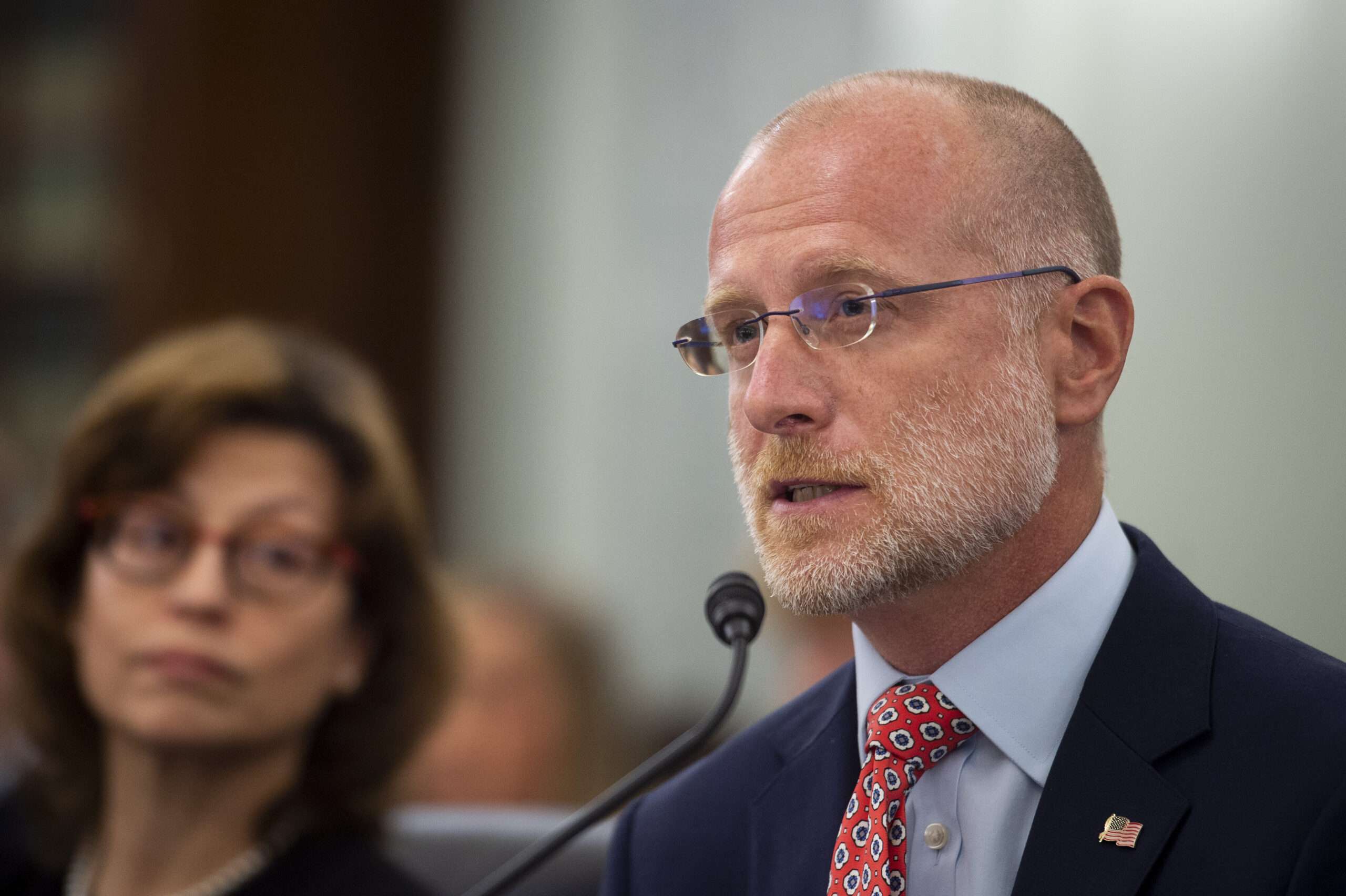The New FCC Chairman’s Agenda Conflicts with Conservative Values
In recent discussions surrounding free speech and regulation of tech companies, Brendan Carr, poised to chair the Federal Communications Commission (FCC) under President-elect Donald Trump, has drawn attention for his call to dismantle what he refers to as the “censorship cartel.” Carr identifies major tech firms such as Facebook, Google, Apple, and Microsoft as part of this cartel, arguing that they engage in conspiratorial actions to suppress political, religious, and scientific discourse. This categorization also extends to entities like NewsGuard, which assesses the reliability of news sources. Carr’s perspective aligns with Trump’s longstanding grievances regarding perceived biases against conservative viewpoints on social media platforms, casting a wide net of accusations that these corporations have manipulated voices dissenting from an established narrative.
However, Carr’s position raises significant concerns as it contradicts key conservative tenets, including limited government, the sanctity of free markets, and the protection of free speech from regulatory overreach. His claims suggest that private enterprises engaging in content moderation or editorial discretion are infringing upon First Amendment rights. This interpretation is not just controversial but mistaken, as the First Amendment exists to restrain government action rather than to prevent private businesses from curating content. The legal precedent established by the Supreme Court supports this view, affirming that the government’s interference with private editorial choices, even in virtual forums, is indeed subject to First Amendment scrutiny.
Among Carr’s proposals are legislative initiatives aimed at curbing protections that currently shield social media platforms from civil liability concerning user-generated content. While he argues that dismantling these protections could encourage a wider range of opinions, such a move could paradoxically lead to more stringent content moderation practices as companies seek to mitigate potential lawsuits. Additionally, Carr has suggested the FCC could exert influence over Big Tech through regulatory interpretations rather than existing statutes, a proposition that could alarm conservatives who resonate with the ideals of restrained federal power.
Despite Carr’s claims that he seeks to protect free speech, the implications of his proposals threaten to expand governmental reach into the private sector, a departure from traditional conservative values that favor minimal interference in the marketplace. His agenda to impose transparency rules and alter private companies’ handling of content insinuates an unsettling scenario where federal authorities dictate the operational practices of tech firms. Furthermore, this sentiment echoes recent legal developments, such as the Supreme Court’s rejection of the Chevron doctrine, which had permitted broader interpretations of ambiguous laws by administrative agencies.
The controversy surrounding Carr’s views lies not just in their potential to reshape how tech companies operate but also in how they reflect broader societal tensions over free speech in the digital age. Critics of the current state of content moderation often highlight perceived censorship in the treatment of conservative narratives online. However, advocating for expansive federal oversight in response to these grievances raises questions about the best means to protect free discourse. A careful balance must be struck that maintains businesses’ rights to regulate their platforms while also safeguarding the principles of free expression.
Ultimately, Carr’s approach appears poised to generate more debate than resolution in the ongoing discussion of free speech versus regulation in the digital landscape. While addressing legitimate concerns about biases in tech industry practices, his proposed measures could inadvertently create new challenges rather than fostering an environment of open and diverse dialogue. As the conversation moves forward, a deeper examination of the balance between private sector autonomy and the safeguarding of free speech is essential to encourage healthy discourse in a rapidly evolving media ecosystem.
Share this content:












Post Comment